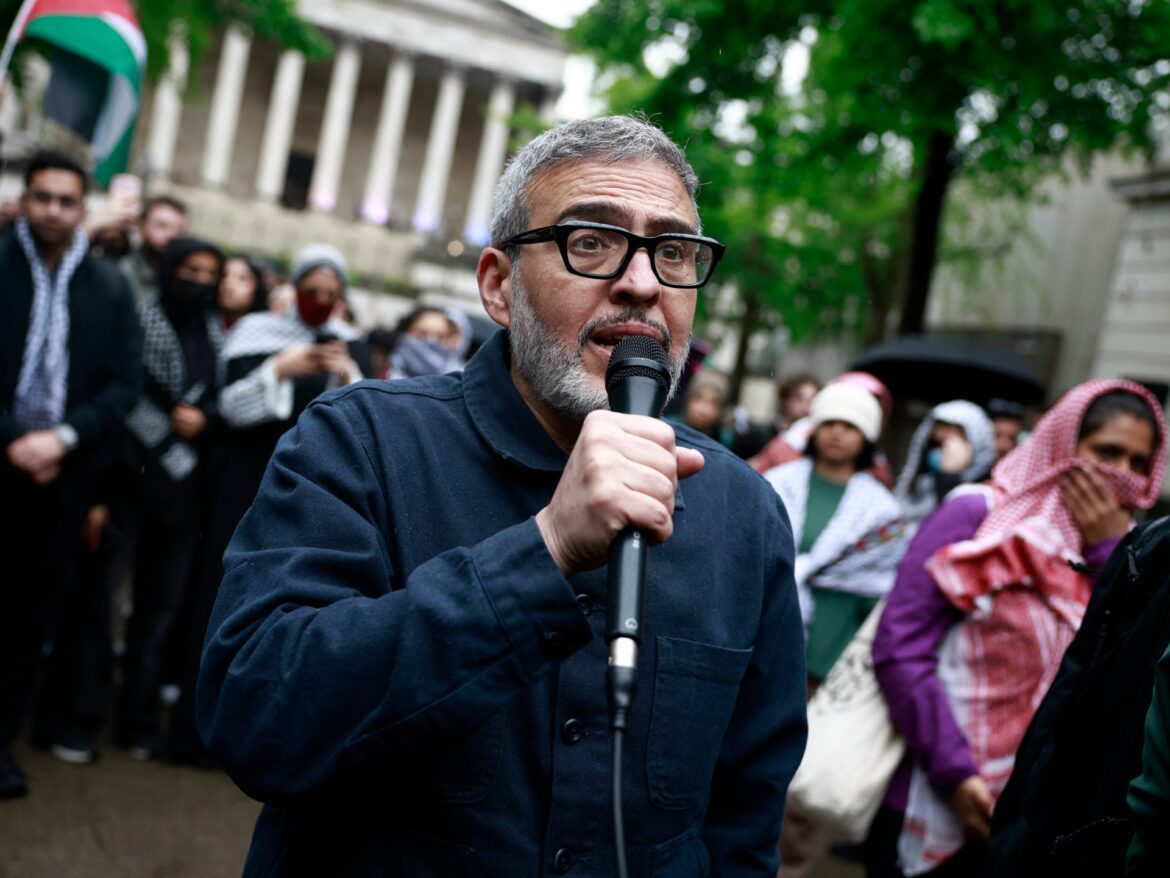Abu Sitta was a witness to the massacre of the National Baptist Hospital in the Gaza Strip, on October 17, and appeared in a press conference amidst the bodies of the victims immediately after the massacre that claimed the lives of about 500 Palestinians, to respond to the blatant Israeli lie about the hospital being hit by a Palestinian missile, saying: “Which missile does the resistance have that kills 480 people in one second?”
A day after he left the hospital and headed on foot to the Nuseirat camp, in preparation for leaving the Gaza Strip and returning to Britain following the massacre, Abu Sitta told Reuters, “It was a real nightmare. To leave 500 injured and know that you can no longer do anything about it.” “Yes, this is the most heartbreaking thing I’ve ever had to do.”
He wrote in a post on the “X” platform: “I am no longer able to perform operations at Al-Ahli Hospital. The hospital has now effectively become a first aid center. There are now hundreds of injured people in the hospital who cannot undergo surgery. They will die from their injuries.”
Regarding his walk from the National Hospital to the Nuseirat camp, which took 5 hours, Abu Sitta said that he saw “scenes of destruction” and “corpses lying in the streets.” In subsequent tweets on the X platform, Abu Sitta spoke in detail about the massacre, saying: “In normal conditions, we would not Two doctors in Gaza disagree that the Baptist Hospital will not be bombed, because it is run by a church council, and a bishop in London is responsible for it, while the rest of the hospitals in the Strip do not enjoy the same protection, and I believe that
The Israeli occupation’s choice to bomb it first was a kind of gauge of the reaction. When the international reaction was miserable, the occupation decided to persist in denouncing hospitals. After the Baptist, the bombing also affected children’s hospitals, namely Al-Rantisi Hospital, Al-Nasr Hospital, and Muhammad Al-Durrah Hospital.



